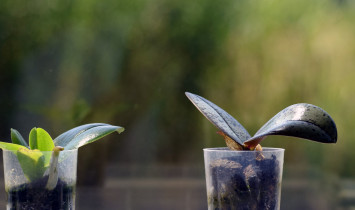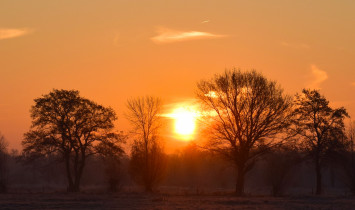Zwart Group: Virus Ecology and Evolution
Zwart Group: Virus Ecology and Evolution
Microbial EcologyFrom zero to hero? Viruses have a bad reputation, because of their impact on human and animal health. In natural ecosystems, virus infections in animals, plants and microorganisms are common and often go unnoticed. There is growing evidence that viruses can have a positive impact on ecosystem functioning.
Our goal is to explore how viruses act as the gatekeepers of biodiversity: miniscule biological entities that influence microbial and plant biodiversity, hereby safeguarding ecosystem functioning. My research group characterizes viral diversity in agricultural and natural ecosystems, and we aim to explore how viruses impact ecosystem functioning.
Viruses are often seen as highly virulent micro-parasites that cause human suffering and destabilize agricultural productions systems. However, in natural ecosystems viruses tend to be abundant whilst often not causing overt disease. Which viruses are present in different natural and managed ecosystems, such as for example grasslands? What is their impact on the biodiversity and ecosystem functioning? Specifically, we want to explore the role of viruses in maintaining diversity and enhancing stability of host communities, thereby promoting resilience and modulating ecosystem metabolism. Can we mitigate the unwanted effects of viruses, such as harmful disease outbreaks, and instead use them to help steer ecosystems? We use an interdisciplinary approach combining fieldwork, laboratory experiments, metagenomics and modelling to address these questions. Evolutionary biology guides our thinking, as viruses tend to evolve rapidly due to their short generation times and large population sizes. Our goal is to contribute to a balanced perspective on viruses, spotlighting their ecological importance and benefits. Our dream is mobilizing – instead of demonizing – viruses to promote healthy ecosystems, for example by suppressing diseases and promoting microbial diversity.





